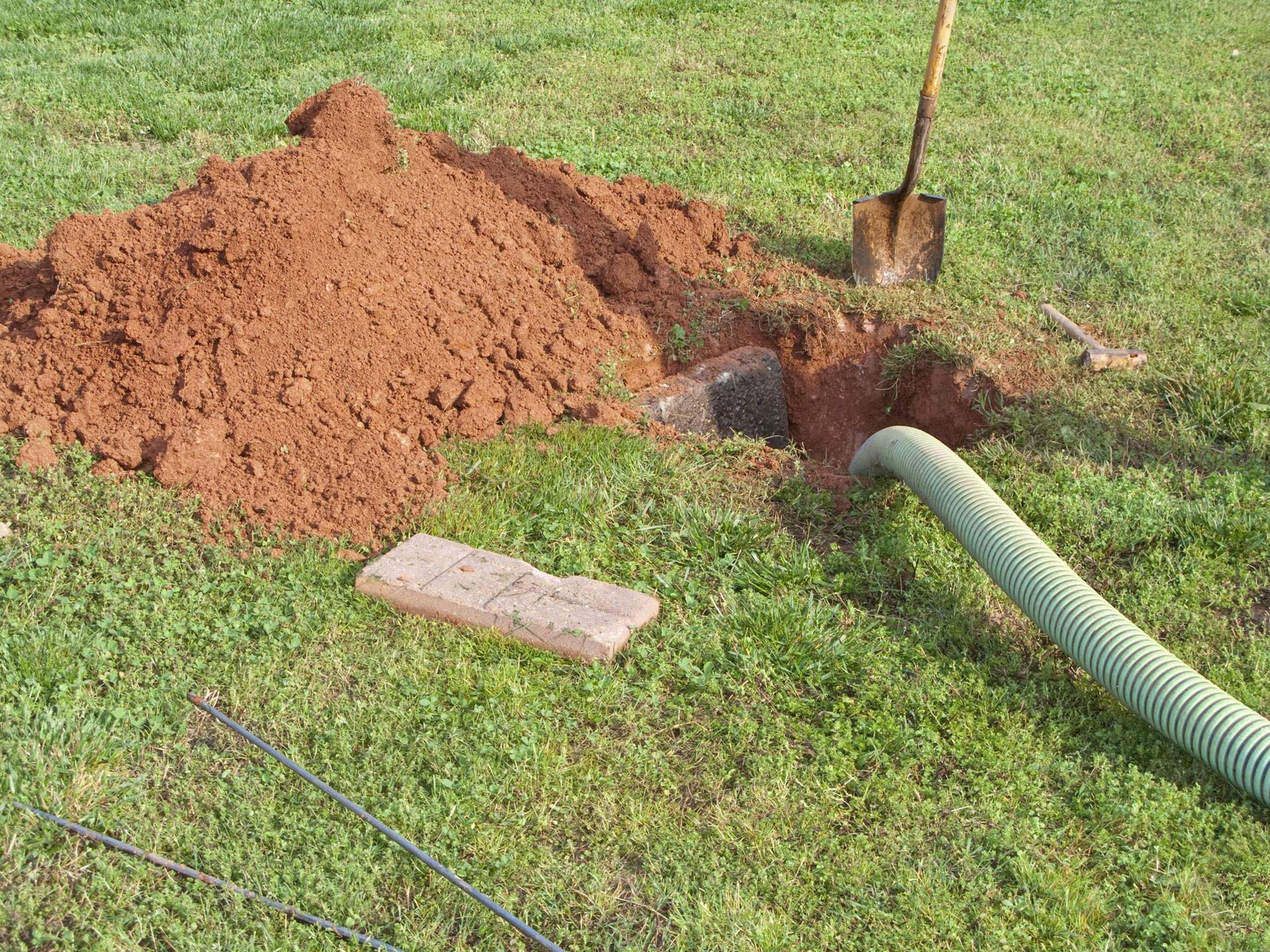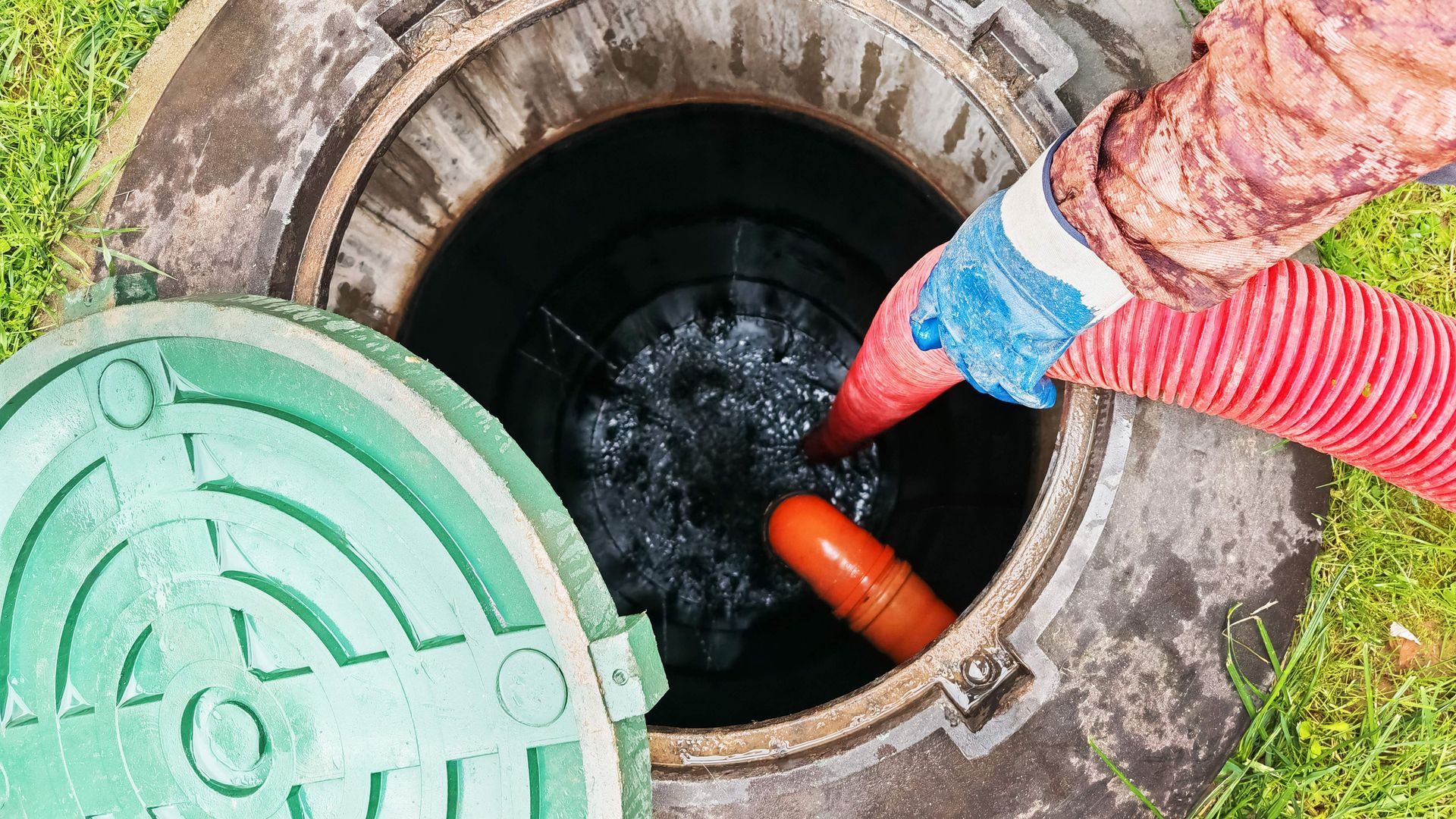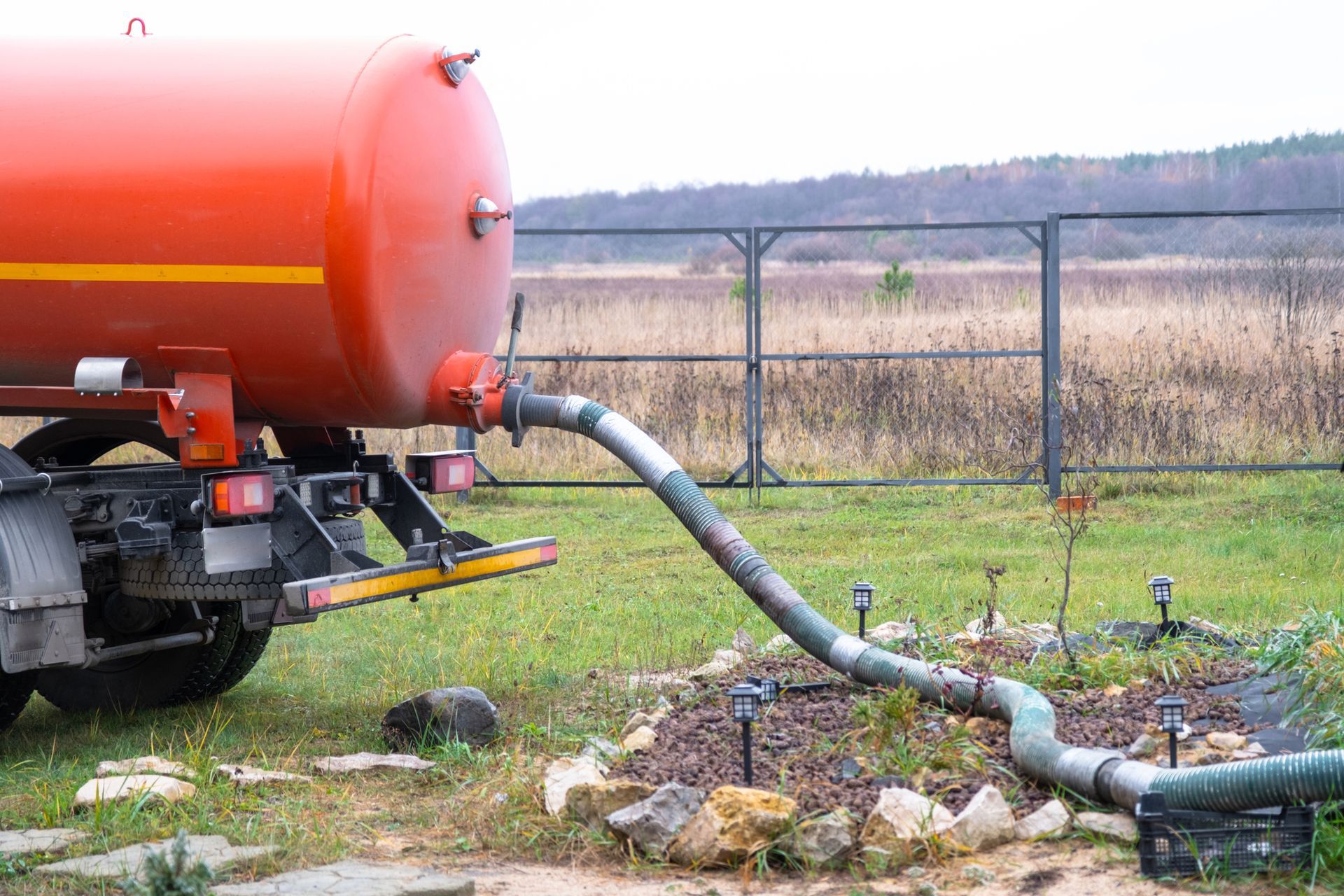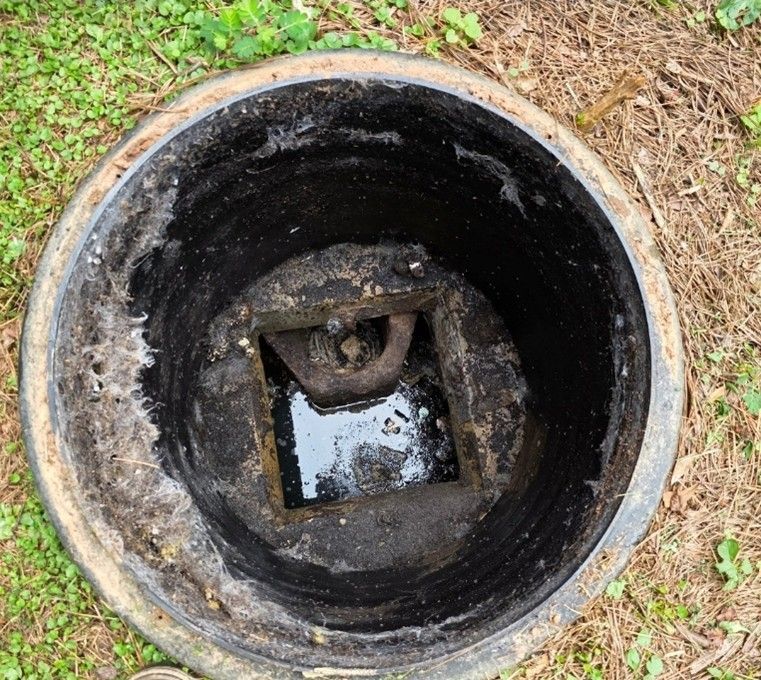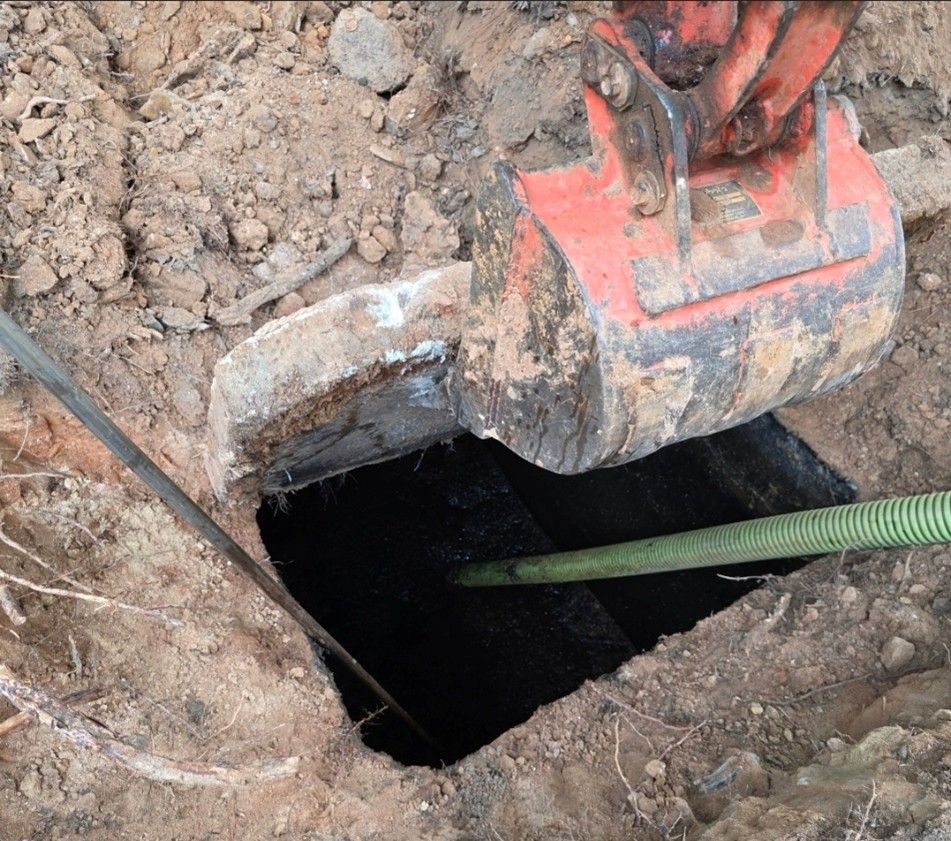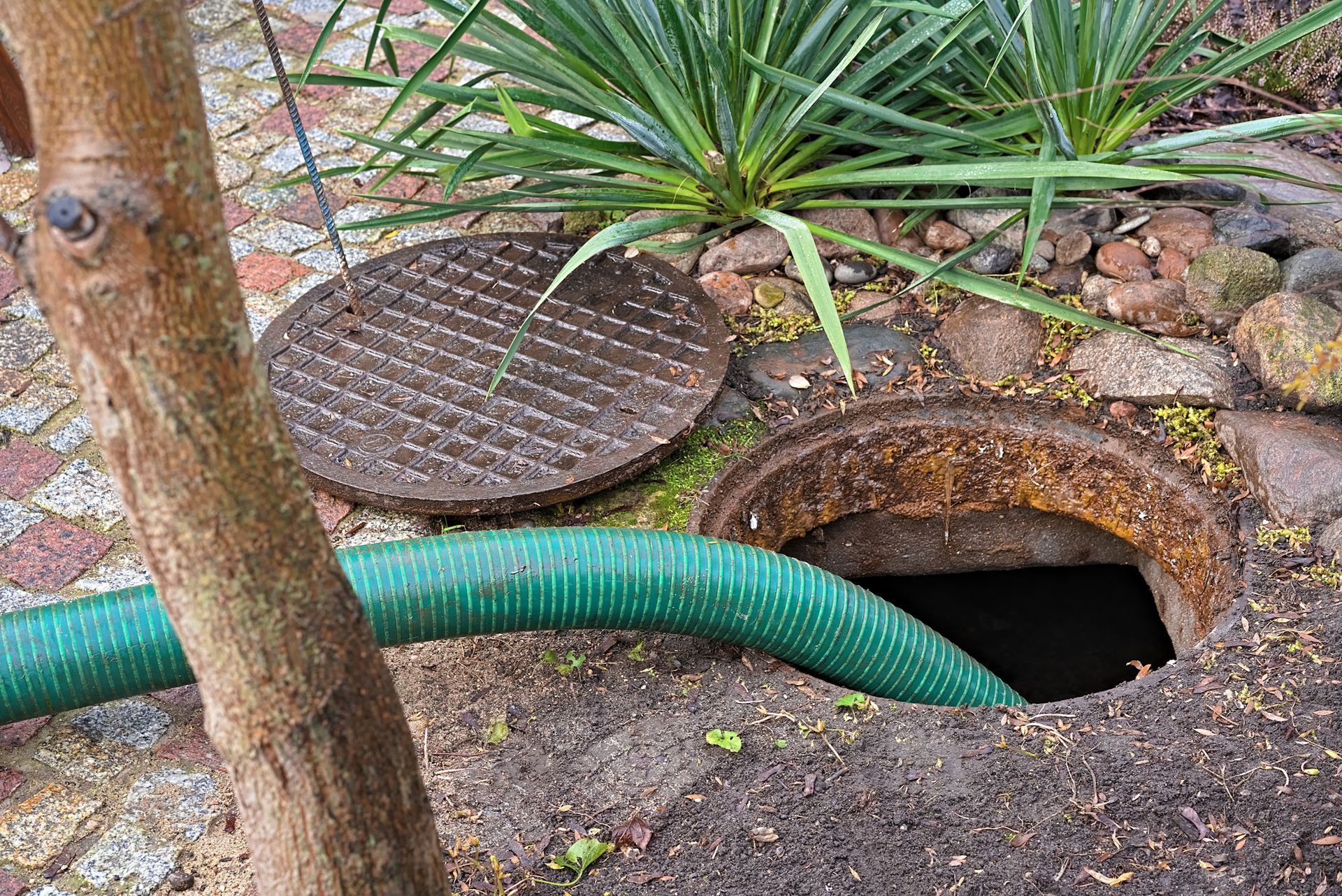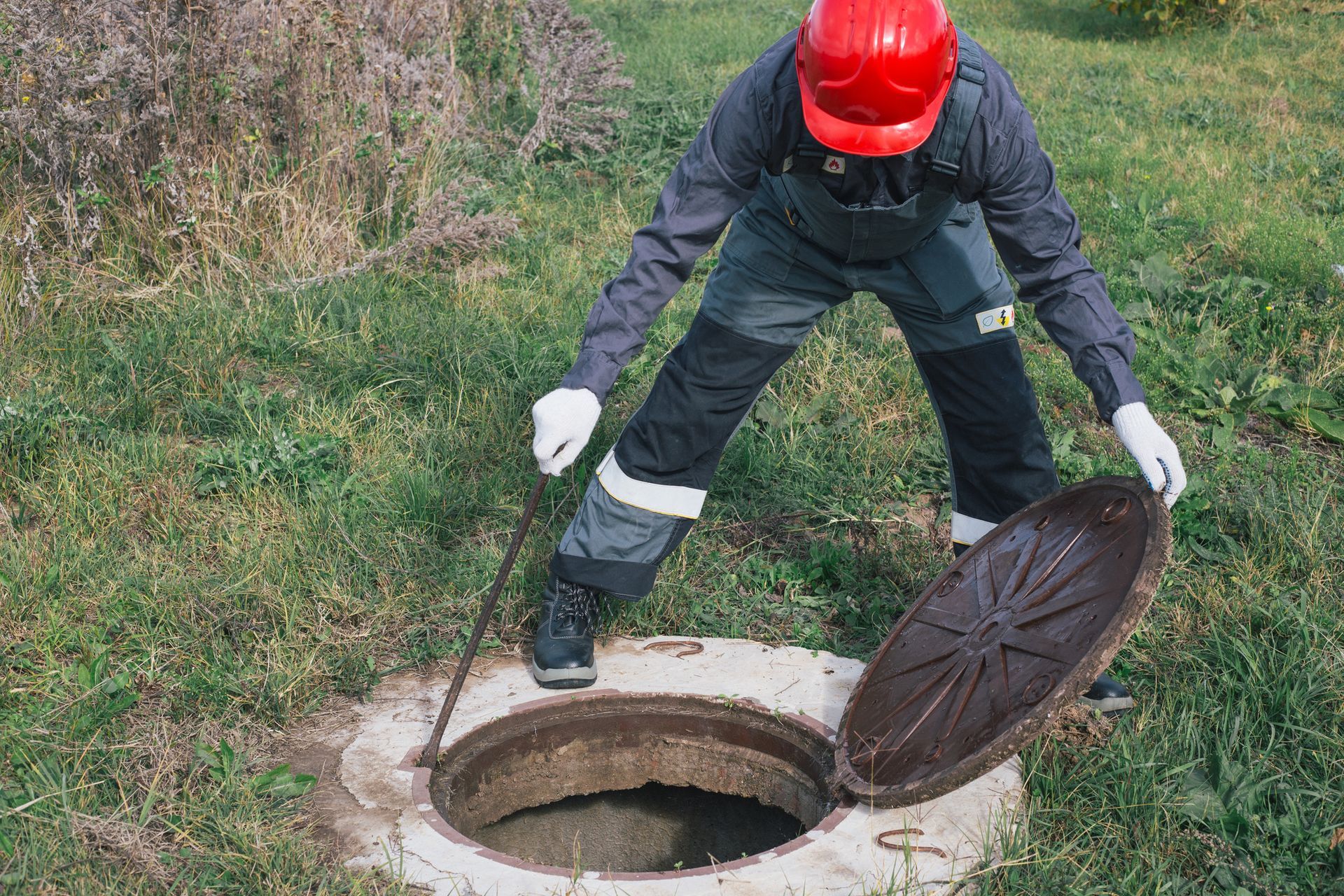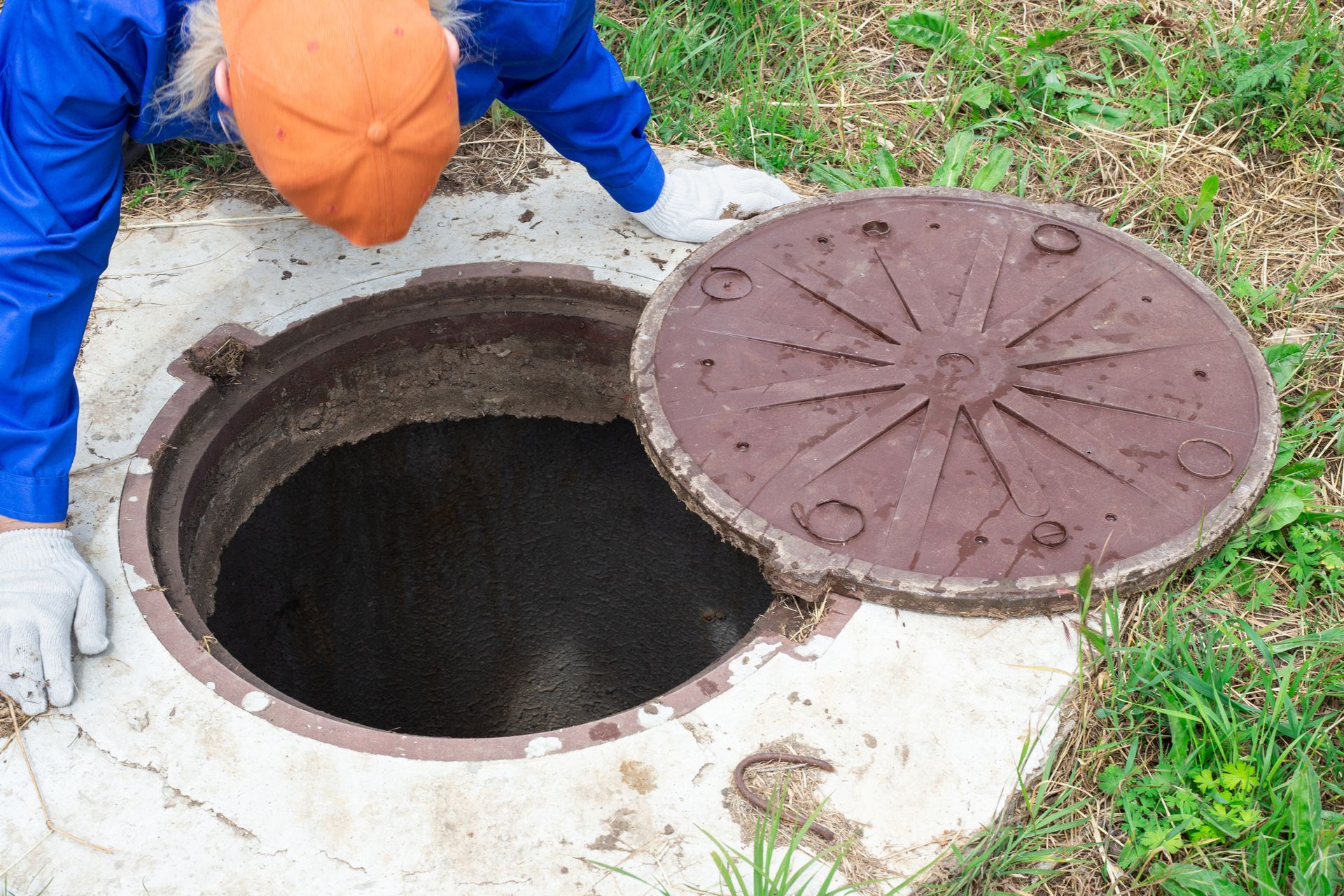6 Benefits of Regular Septic Tank Pumping
Septic tank pumping is the process of removing accumulated solid waste and sludge from a septic tank. A professional service extracts the contents, preventing blockages and maintaining proper functioning. Here are the main benefits of pumping your septic tank.
Septic tank pumping prevents slow drains by removing accumulated solids and sludge from the tank. Over time, these solids can build up and clog the drainage system, causing drains to drain slowly or become completely blocked. Pumping the septic tank eliminates the excess waste, allowing for better flow and preventing blockages. Regular pumping ensures that the drainage system remains clear and functional, preventing the inconvenience and potential hazards of slow drains or backups.
When the septic tank becomes filled with solid waste, it loses its ability to separate wastewater effectively. As a result, untreated effluent can overflow into the drain field, posing a serious risk to water sources.
Regularly cleaning the septic tank removes accumulated solids and sludge, ensuring the tank's optimal functioning. This maintenance process prevents the discharge of harmful substances into the environment. Regular pumping also helps maintain the septic system's capacity to separate solid waste from wastewater, reducing the likelihood of contaminants reaching groundwater or nearby bodies of water.
When wastewater flows into the septic tank, solid waste settles at the bottom while lighter materials float to the top. Over time, these solids accumulate, reducing the available space for new wastewater to enter. As a result, untreated waste can overflow into the drain field, causing clogs, backups, and potential environmental contamination.
Pumping the septic tank removes accumulated solids. This process prevents the buildup from reaching a critical level, minimizing the risk of blockages and the need for expensive repairs.
Regular pumping prevents costly repairs and system failures. The process restores the tank's capacity and reduces the risk of overflow into the drain field and potential damage to pipes and components. This proactive maintenance avoids expensive emergency repairs and prolongs the life of the entire septic system.
Furthermore, septic tank pumping promotes efficient wastewater treatment. Lack of regular septic tank buildup can lead to clogs and blockages in the system, causing backups and potential damage to plumbing fixtures. Repairing these issues can be costly and disruptive.
In addition, proper maintenance through pumping ensures that the septic system operates optimally, preventing the need for costly system replacements. By investing in regular pumping, homeowners can avoid the expense of installing a new septic system, which can be significantly more expensive than routine maintenance.
When you don't pump the tank regularly, solid waste and scum accumulate, leading to the formation of foul-smelling gasses. These gasses can escape through vents, cracks, or other openings in the septic system, resulting in unpleasant odors both inside and outside the property.
Regular cleaning and pumping of the septic tank removes accumulated solids and eliminates the potential source of odor. Preventing bad odors not only improves the overall air quality in and around the property but it also contributes to a more pleasant living environment for the residents and their neighbors.
When a potential buyer evaluates a property, they consider several factors, including the condition and functionality of the septic system. Regularly pumping the septic tank adds to the overall appeal and value of your property.
A well-maintained septic system indicates that the property is less likely to encounter costly issues in the future, such as backups, clogs, or system failures. This reassures buyers that they won't have to invest in immediate repair or replacement of the septic system.
Choose Bowen's Septic Tank, your premier full-service septic tank system company. Our skilled professionals are dedicated to delivering top-notch service and ensuring your septic system operates efficiently. Contact us today to schedule an appointment.
1. Prevents Slow Drain
Septic tank pumping prevents slow drains by removing accumulated solids and sludge from the tank. Over time, these solids can build up and clog the drainage system, causing drains to drain slowly or become completely blocked. Pumping the septic tank eliminates the excess waste, allowing for better flow and preventing blockages. Regular pumping ensures that the drainage system remains clear and functional, preventing the inconvenience and potential hazards of slow drains or backups.
2. Prevents Water Contamination
When the septic tank becomes filled with solid waste, it loses its ability to separate wastewater effectively. As a result, untreated effluent can overflow into the drain field, posing a serious risk to water sources.
Regularly cleaning the septic tank removes accumulated solids and sludge, ensuring the tank's optimal functioning. This maintenance process prevents the discharge of harmful substances into the environment. Regular pumping also helps maintain the septic system's capacity to separate solid waste from wastewater, reducing the likelihood of contaminants reaching groundwater or nearby bodies of water.
3. Solve Excessive Buildup
When wastewater flows into the septic tank, solid waste settles at the bottom while lighter materials float to the top. Over time, these solids accumulate, reducing the available space for new wastewater to enter. As a result, untreated waste can overflow into the drain field, causing clogs, backups, and potential environmental contamination.
Pumping the septic tank removes accumulated solids. This process prevents the buildup from reaching a critical level, minimizing the risk of blockages and the need for expensive repairs.
4. Save Money
Regular pumping prevents costly repairs and system failures. The process restores the tank's capacity and reduces the risk of overflow into the drain field and potential damage to pipes and components. This proactive maintenance avoids expensive emergency repairs and prolongs the life of the entire septic system.
Furthermore, septic tank pumping promotes efficient wastewater treatment. Lack of regular septic tank buildup can lead to clogs and blockages in the system, causing backups and potential damage to plumbing fixtures. Repairing these issues can be costly and disruptive.
In addition, proper maintenance through pumping ensures that the septic system operates optimally, preventing the need for costly system replacements. By investing in regular pumping, homeowners can avoid the expense of installing a new septic system, which can be significantly more expensive than routine maintenance.
5. Prevent Bad Odor
When you don't pump the tank regularly, solid waste and scum accumulate, leading to the formation of foul-smelling gasses. These gasses can escape through vents, cracks, or other openings in the septic system, resulting in unpleasant odors both inside and outside the property.
Regular cleaning and pumping of the septic tank removes accumulated solids and eliminates the potential source of odor. Preventing bad odors not only improves the overall air quality in and around the property but it also contributes to a more pleasant living environment for the residents and their neighbors.
6. Boost Property Value
When a potential buyer evaluates a property, they consider several factors, including the condition and functionality of the septic system. Regularly pumping the septic tank adds to the overall appeal and value of your property.
A well-maintained septic system indicates that the property is less likely to encounter costly issues in the future, such as backups, clogs, or system failures. This reassures buyers that they won't have to invest in immediate repair or replacement of the septic system.
Choose Bowen's Septic Tank, your premier full-service septic tank system company. Our skilled professionals are dedicated to delivering top-notch service and ensuring your septic system operates efficiently. Contact us today to schedule an appointment.


